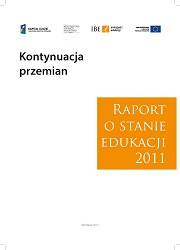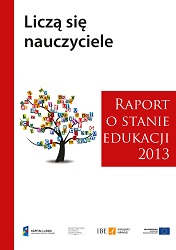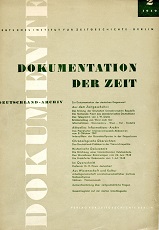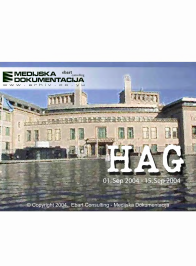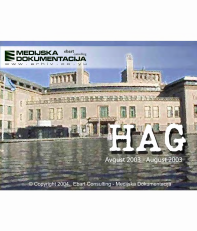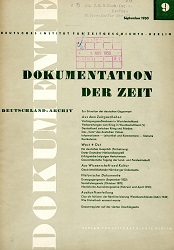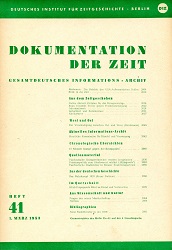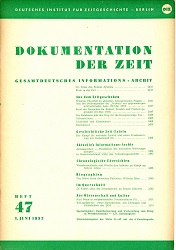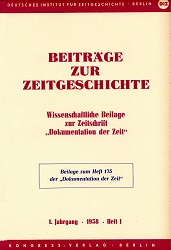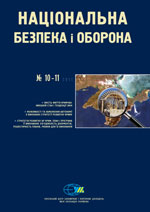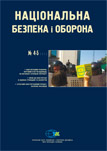HELSINŠKE SVESKE №02: Potencijal za promene
Author(s): Slobodan Inić,Vladimir Ilić / Language(s): Serbian
Keywords: Serbia; social awareness; social crisis; demography; generations; regression; egalitarism; ethnicity; mind-set; history; interpretation; west; manipulation; transition; political crisis; recession; NATO; Kosovo; civic alliance;
This report contains the analysis of data collected during the month of October 1999. One should have in mind this time frame-when considering the findings, drawing different generalizations or setting guidelines for possible actions. Sets of values of members of the observed generation, their social awareness, perception of the past and present, their stance on the West, and above all their potential to bring about changes are essentially determined by some long-standing and less intensive structural factors. To put it simply a generation of people who today have between 25 and 35 years, and who represent the future of the country, was to a large extent formed under the influence of structural features of the society eroded by constant wars and war threats, protracted economic crisis, internal conflicts and strife and total confusion in the sphere of social awareness and public moral. The generation which in the last decade came of age in such a society per force had to reflect its essential characteristics, despite a relative autonomy which each age groups had as its inherent characteristic. Young people and even relatively young people, to which the respondents of this survey belong, have a determined biological and psychological potential which can help them partially overcome the given moment of time and which usually indicates some of their future contents and values in the present day. In that sense one could expect that the mind-set of the observed generation substantially differs from so-called social conscience. But in conditions of an ever-deepening social crisis, in which the process of coming-of-age unfolded under pressure of retrograde, rather than progressive social factors, the aforementioned advantages of such a generation are less manifest, since their potential crumbles under pressure of a regressive society. One must bear in mind the aforementioned and thus avoid to treat unjustly the observed age group: they are expected to be the creators of the Serbian society at the beginning of the Twenty-first century, but it is pretty obvious that their social actions will be affected by a sorry legacy of the social and moral collapse. In fact they were not less predestined than the earlier generations to be unequipped for the contemporary world. They simply developed under much less favorable conditions. But this should not minimize their responsibility for the future development of society in Serbia. On the other hand such adverse development factors should be borne in mind if one truly wishes to understand the traits of this generation, instead of bluntly condemning them. My intention is not to prejudge results evidenced by this survey, but it bears mentioning that it is easier to reject the middle generation in Serbia, like Serbia proper, than to try to understand and render assistance to both.
More...
